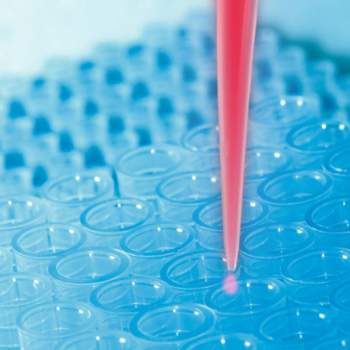
The Use of DNA Tests In Courts

DNA test laws allow DNA to be admissible in court in a variety of circumstances. For example, DNA test may be admissible for paternity tests, but only when those tests are conducted by an approved lab. There are in fact several regulations to allow DNA to be admissible in court. The sample for DNA analysis must not be contaminated. In addition, in criminal and civil cases, there must be enough of a sample to offer both sides the opportunity to run independent DNA tests. DNA tests are also admissible in cases where there is a rape accusation. In fact, DNA is one of the leading sources of evidence in rape cases. The sample must follow the chain of evidence and never leave the hands of law enforcement once it has been obtained, if it is to be used as evidence in court.
NEXT: The Use of Anecdotal Evidence in a Crime





















